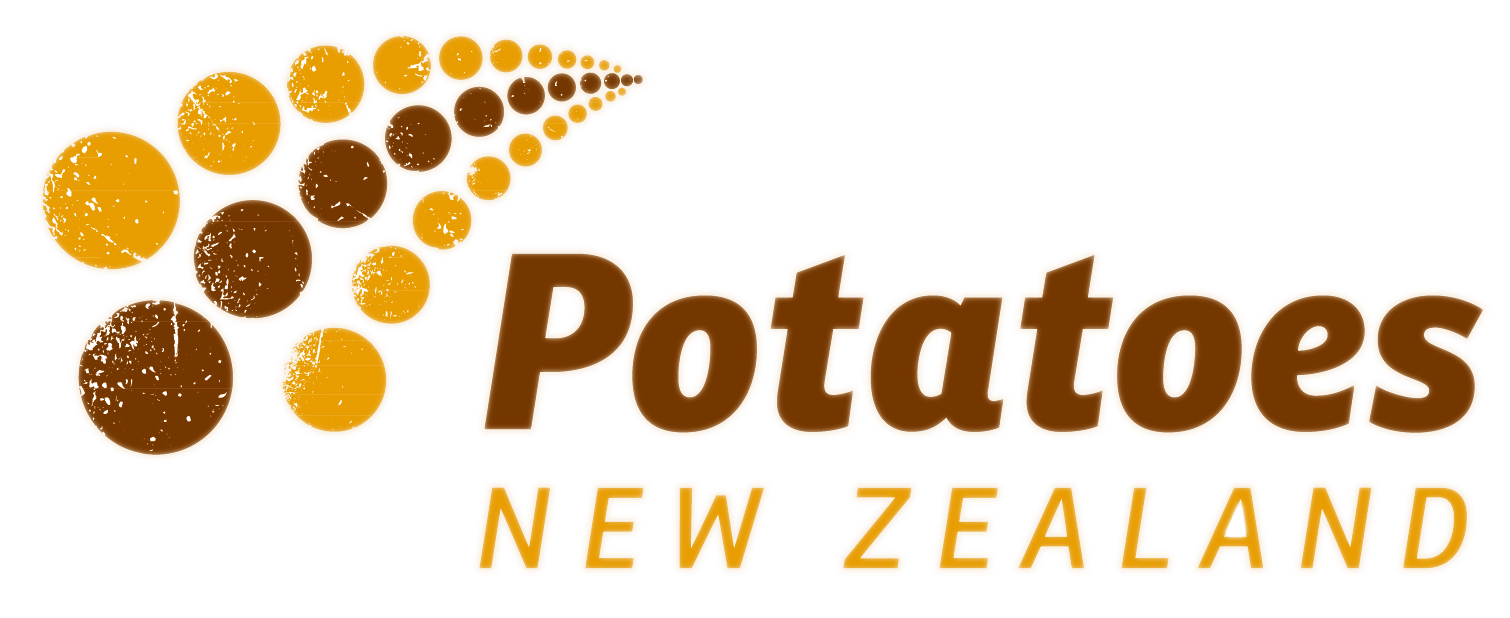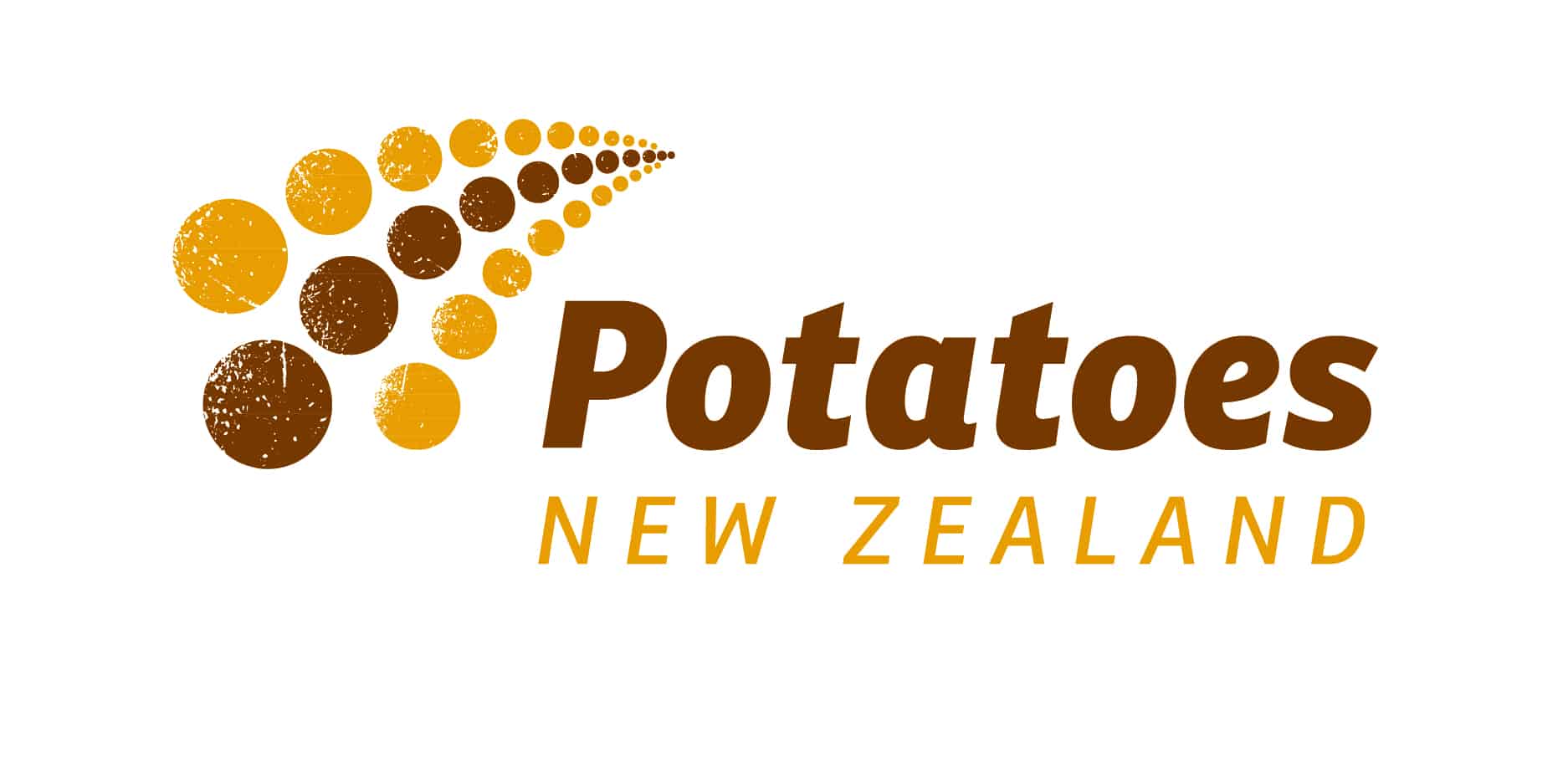(Potatoes NZ has permission to republish AUSVEG articles).
In Victoria, Australia the first trials of x-ray technology in a potato packing facility are underway. This extract from a recent article in POTATOES AUSTRALIA gives insight to benefits which we could embrace here in NZ.
A 32-year strong partnership between Red Gem (potato growers) and supermarket chain Coles has culminated in an investment that may change the shape of the Australian potato industry.
In 2018, Red Gem received a $350,000 Coles Nurture Fund loan to implement x-ray vision technology into their potato packing facility, which is expected to deliver improvements in the quality of Crème Royale potatoes supplied to Coles. It will also be environmentally- friendly, with the equipment powered entirely by solar panels. The trial is the first of its kind in Australia and started in January 2019.
Innovation in practice
Robert Cerchiaro of Red Gem was searching for technology to improve potato growing standards and enhance potato quality for consumers. This search led him overseas to the United States and Europe. In the US, Robert found this x-ray vision system, which is used by most food manufacturers for metal detection.
“It takes an image of the potato based on density, so it sizes fantastically, but it also sees through the potato, looking for holes, voids and density changes. As soon as I saw the x-ray vision system, I thought that this is what we need for our brushed potatoes – the help we’re looking for is this system,” bringing the ground-breaking technology into the packing shed has already made an impact on the business.
“A lot of the workload was on graders and workers who were inspecting the potatoes. They were taking out undersized and oversized potatoes because of mechanical error; they were doing a lot of that work and were still having to grade for quality,” Robert says.
“Now, they don’t have to worry about size because our size is very accurate. They just focus on visual defects – things that the x-ray can’t detect at this stage. It makes their job so much easier and it gives us peace of mind that we’re delivering to our customers the specifications required.”
This technology will also benefit consumers of Coles’ Crème Royale potatoes in the long-term, with customer satisfaction expected to increase.
“Customers aren’t going to get any surprises of rotten potatoes and internal defects when they cut it or prepare it,” Robert says.
“If we’re going to impact today’s Australian consumer and try to stop the decline of fresh potato consumption, we need to give them greater confidence that when they’re buying our product, they’re going to get value for money and they’re not going to get these surprises of defective potatoes.”
Heading abroad
Robert highly recommends travelling overseas in search of innovative ideas and to gain an insight into the technology that is currently available to industry.
“There’s no doubt that abroad is where the R&D is in terms of technology for weighing, grading, packing and handling of potatoes. If that is the way your business would like to go, you need to get out and see what’s available,” he says.
“I think that if you can combine that with a trip to one of the international trade shows such as Berlin Fruit Logistica or the Produce Marketing Association (PMA) conference in America, I think that we could all learn a lot more about what others are doing and try to apply it to our own industry where we can.”
Robert reiterated that without the support of the Coles Nurture Fund, it may not have been possible for Red Gem to dream big and implement this x-ray technology into the business.
“The rising cost of doing business in Australia is an issue, and I don’t think we’re alone in terms of that – every year it is becoming costlier to produce. While we look for new varieties and we own our breeding program, that’s still challenging.
We’re looking to get more for less inputs and that’s easier said than done,” Robert says.
“But we’ve certainly made a lot of progress there – the reality is that the reason that our business has been able to invest in an x-ray vision project is because of Coles’ ability to commit to an exclusive supply of one of our varieties. That was a challenge in itself: there were lots of hurdles to jump over.
“I’m so thankful we’ve got such a good working relationship with Coles. It’s the best relationship we’ve ever experienced, and I think the Nurture Fund is certainly very supporting of that.”
The possibility of partnering with retailers to employ the latest quality control technology in storage/packing facilities, could see greater consumer confidence in fresh produce here in New Zealand too.
At the PNZ Conference in August we have 2 presenters, providing a domestic and international perspective on storage. Chris Thorman from Eastern Institute of Technology and Allan Greenhalgh from TOLSMA-GRISNICH storage technology company.


